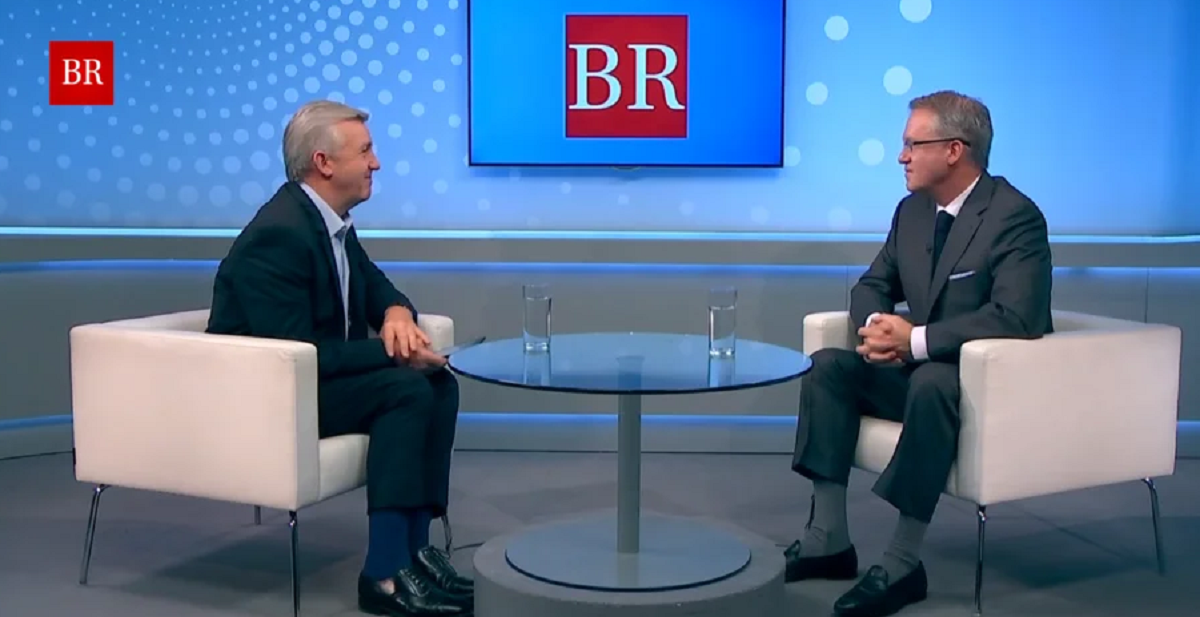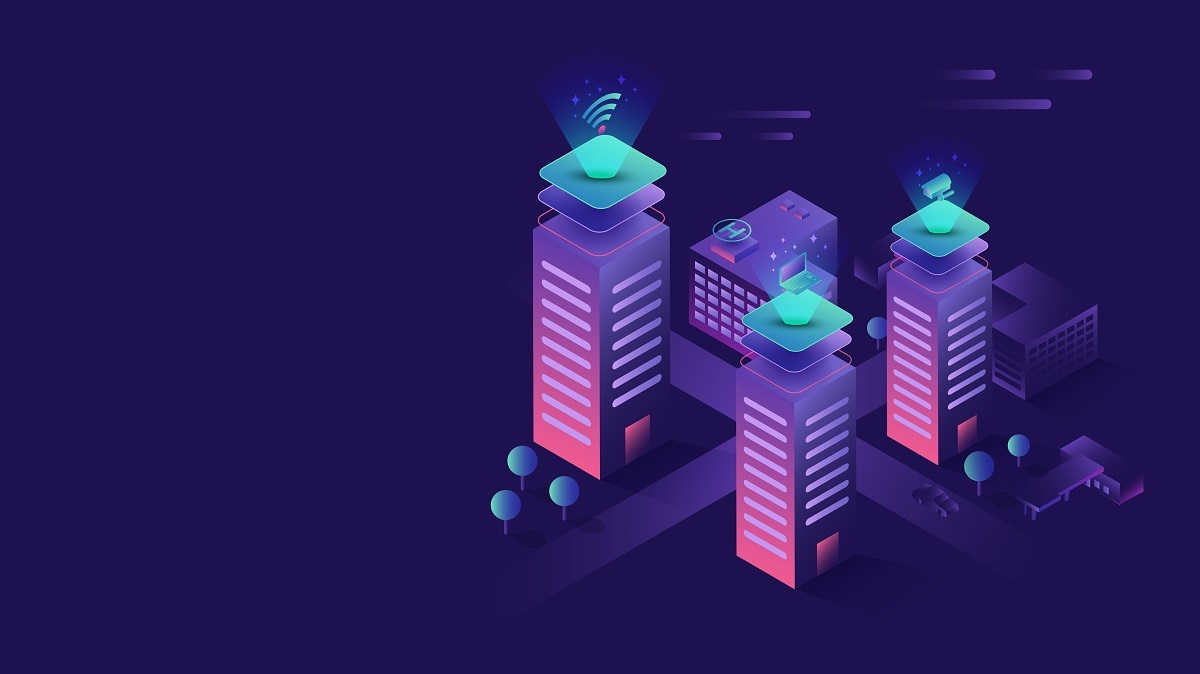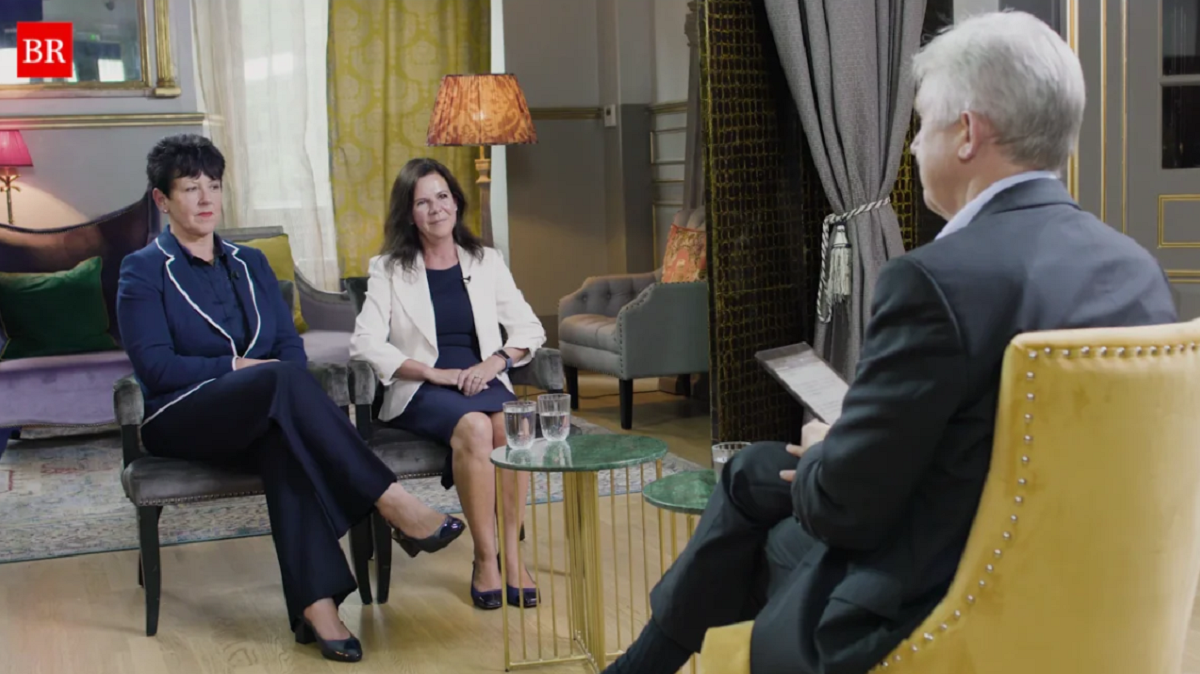How an empowered workforce can power your business
Sponsored by Avature
Dimitri Boylan, Founder & Chief Executive Officer, Avature
In order to innovate and avoid disruption, companies are adopting social HR systems that channel the power of people.
The economic impact of employees’ engagement levels is enormous: a 2016 Gallup meta-analysis concluded that highly engaged business units are 21 per cent more profitable. Yet many employers have been left at a loss as to how best to engage their increasingly millennial workforce, whose workplace expectations vastly differ from those of previous generations.
More than being a retention problem, the rising expectations of employees present an opportunity for employers. Yet there is no rulebook for engagement – solutions are unique to each organisation. The transformation-driven business landscape is calling on HR to continually experiment, gather feedback and improve.
When you force people to act differently from who they are, you don’t get top performance. Whereas the industrial model of automation required employees to ignore a part of themselves, today’s model for innovation is inclusive, embraces diversity and allows employees to identify as themselves. When employees bring their full selves to work, they bring their best selves, and more of them have breakout performances.
These great performances happen in context. People are social by nature, but organisations have lacked the framework to bring their people together at scale and set social objectives. Culture doesn’t happen through surveys or at company picnics. Culture happens in the conversations that occur in office corners: it’s in the relationships.
Organisations must recognise this and decide whether they want visibility into their culture – whether they want to be able to influence, inspire and motivate. The most effective HR teams set social objectives in order to build shared purpose and community so that problems within an organisation can be identified and solved. Modern HR has the crucial job of identifying divergences and aligning company culture to match business objectives.
To meet this new calling, next-generation HR tech is accelerating people’s ability to build rapport with each other. It is making it possible for hundreds of thousands of employees to create personal connections. The right technology can enable greater participation, facilitate collaboration and deliver relevant messages to highly segmented sets of employees, all of which improve individual buy-in. By using technology to map relationship networks and big data analysis to provide insights into them, HR can delve into the science around soft metrics, such as commitment, collaboration and learning.
Technology used to have longer implementation timelines, higher costs, and greater execution risk. Modern technology, because of its flexible configuration, removes these barriers for early adopters and provides the building blocks for innovation. Agile software that accommodates how humans interact socially will empower HR to orchestrate better outcomes. Those companies will achieve high engagement and that 10 to 20 per cent breakout performance.
To learn more about engaging employees through social HR systems visit avature.net/employee-engagement
Empower the ‘human’ in human resources with Avature HCM software. Learn more at avature.net

Business Reporter Team
Most Viewed
Winston House, 3rd Floor, Units 306-309, 2-4 Dollis Park, London, N3 1HF
23-29 Hendon Lane, London, N3 1RT
020 8349 4363
© 2025, Lyonsdown Limited. Business Reporter® is a registered trademark of Lyonsdown Ltd. VAT registration number: 830519543




